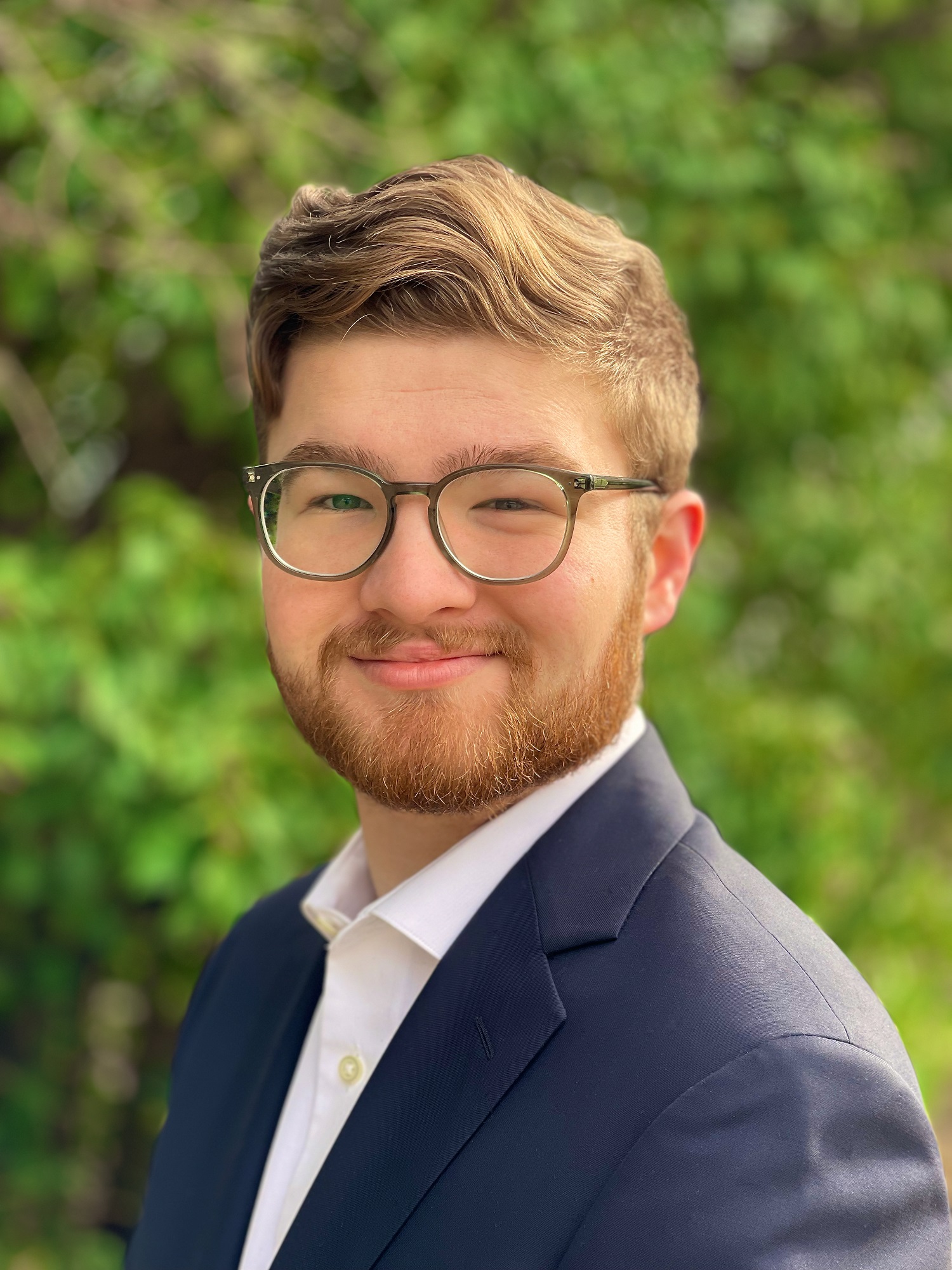Capitol Correspondence - 11.14.23
New Funding Seeks to Expand Medical School Training on I/DD
Share this page
Stay Informed on the Latest Research & Analysis from ANCOR
More News
Capitol Correspondence - 07.01.25
HHS Secretary Kennedy Testifies Before House Energy and Commerce Health Subcommittee
Capitol Correspondence - 07.01.25
GAO Releases Report on Medicaid Disenrollments During Unwinding
Stateside Report - 06.23.25
Stateside Report: June 30, 2025


